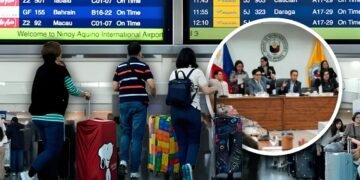The Philippine House of Representatives has given a significant boost to Elon Musk’s Starlink, adopting a resolution that grants provisional authority for the company to operate satellite ground stations while awaiting a full legislative franchise.
A Step Toward Nationwide Connectivity
House Resolution No. 2207, backed by Sandro Marcos, Joey Salceda, and other lawmakers, calls on the National Telecommunications Commission (NTC) to allow Starlink Philippines—a subsidiary of Musk’s SpaceX—to begin operations.
This move is aimed at improving internet access, particularly in remote and underserved areas, aligning with President Marcos’ priority to expand digital connectivity.
Starlink, the first wholly foreign-owned internet provider accredited in the Philippines, has already played a key role in enhancing connectivity on Pag-asa Island and other isolated locations. Lawmakers emphasized that further delays in infrastructure expansion could severely impact the service’s effectiveness.
Regulatory Roadblocks & the Need for Speed
While House Bill No. 10954 and Senate Bill No. 2844 have been filed to grant Starlink a full legislative franchise, time constraints due to the upcoming election period could slow down the process.
The resolution ensures that Starlink can continue expanding its services in the meantime, under the Department of Information and Communications Technology’s satellite service framework.
With broadband infrastructure still lagging in many parts of the country, lawmakers see Starlink’s low-orbit satellite technology as a game-changer for digital access in education, healthcare, and government services.
Will This Fast-Track Better Internet in the Philippines?
While this resolution is a step forward, full nationwide coverage still depends on the approval of Starlink’s franchise and further regulatory processes. If all goes well, millions of Filipinos could soon experience faster, more reliable internet—wherever they are.












